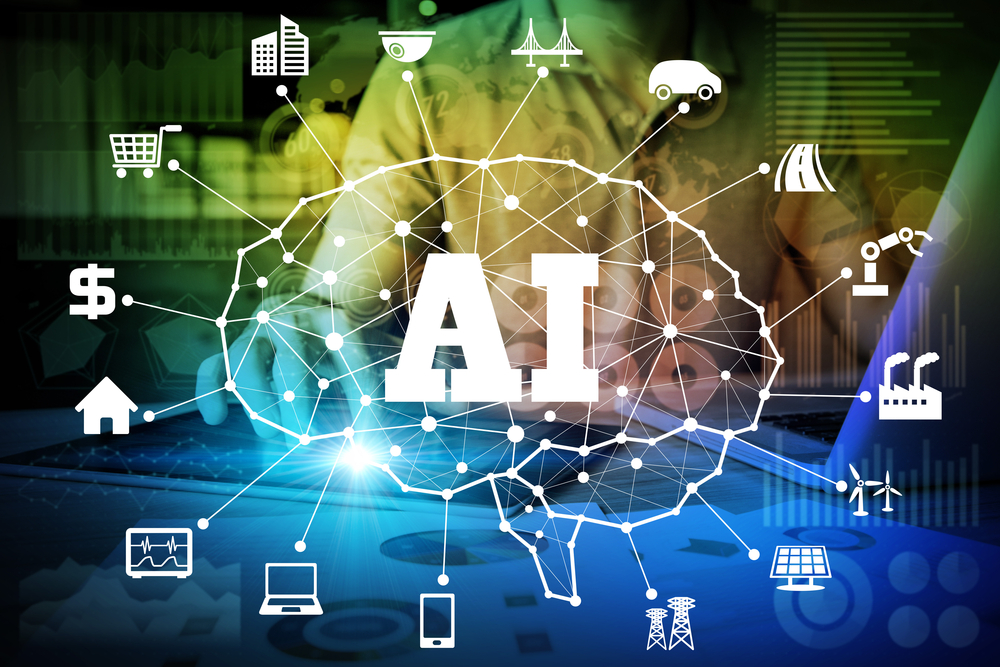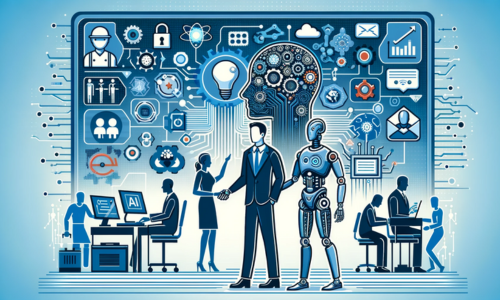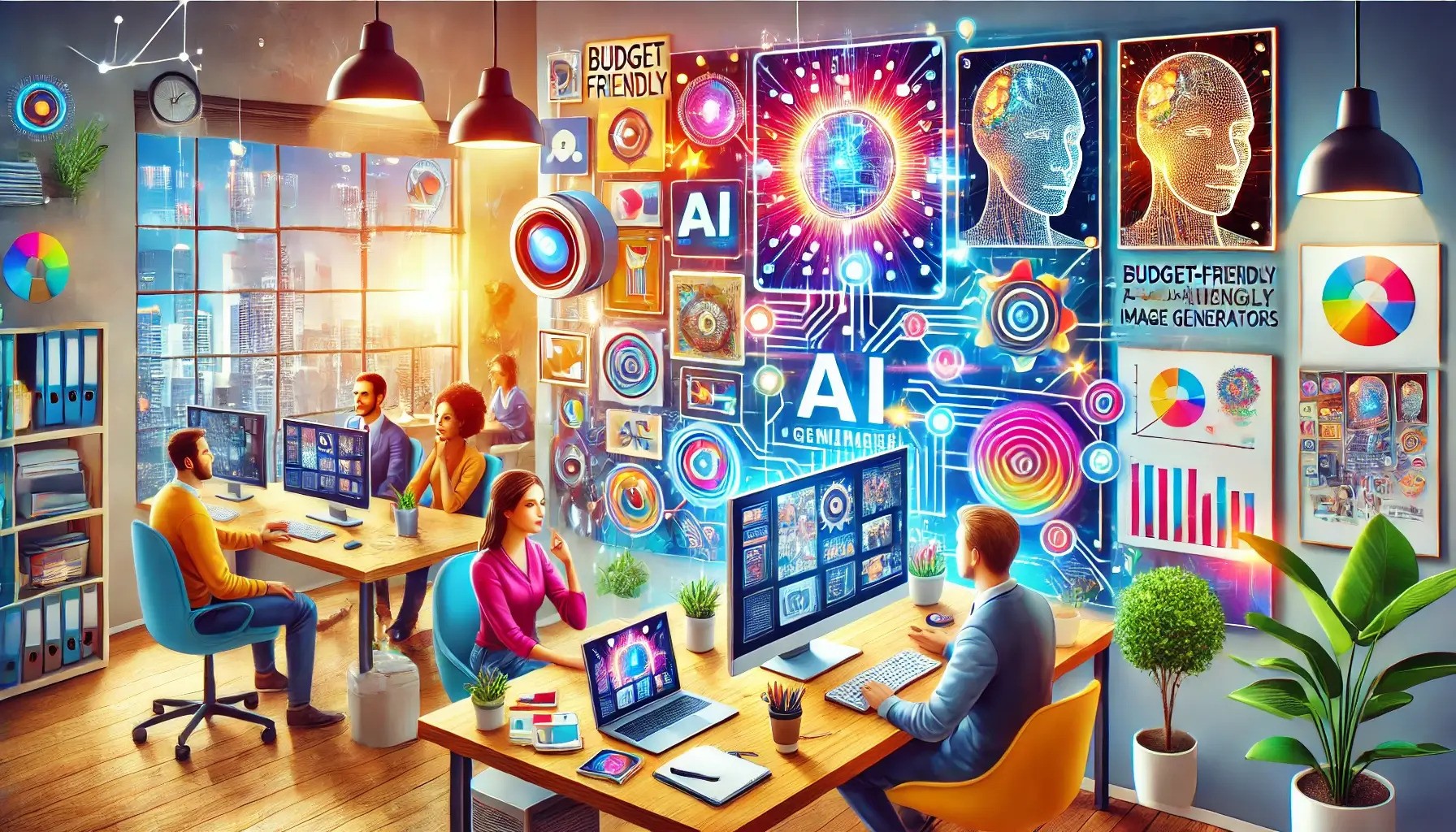
Introduction
Artificial Intelligence (AI) is one of the most revolutionary technological advancements of the 21st century. It refers to the ability of machines and computer systems to perform tasks that normally require human intelligence, such as learning, reasoning, problem-solving, decision-making, and natural language understanding. From virtual assistants like Siri and Alexa to self-driving cars and advanced medical diagnostics, AI has already become a significant part of our everyday lives.
What is Artificial Intelligence?
Artificial Intelligence is the branch of computer science that focuses on building smart machines capable of simulating human intelligence. It uses algorithms, data, and computational power to perform tasks autonomously. AI systems can analyze large amounts of data, recognize patterns, and make predictions with remarkable accuracy.
There are mainly two types of AI:
- Narrow AI (Weak AI): Designed for specific tasks, such as speech recognition, image analysis, or recommendation systems.
- General AI (Strong AI): A theoretical concept where AI can perform any intellectual task that a human can do.
How AI Works
AI works through a combination of:
- Machine Learning (ML): A method where machines learn from data and improve their performance without being explicitly programmed.
- Deep Learning: A subset of ML that uses neural networks with many layers to analyze data and recognize complex patterns.
- Natural Language Processing (NLP): Enables machines to understand and interact in human languages.
- Computer Vision: The ability of machines to interpret and process visual data such as images and videos.
Applications of AI
AI has limitless applications across different industries:
- Healthcare
- Disease prediction and diagnosis
- Robotic surgery
- Personalized medicine
- Business & Finance
- Fraud detection
- Automated trading systems
- Customer service chatbots
- Transportation
- Self-driving cars
- Smart traffic management
- Education
- Personalized learning tools
- AI-based tutoring systems
- Entertainment
- Video game AI
- Content recommendation on platforms like Netflix and YouTube
Benefits of AI
- Increased efficiency and productivity
- Reduction of human errors
- Ability to handle complex tasks quickly
- 24/7 availability (e.g., chatbots)
- Advanced problem-solving capabilities
Challenges of AI
Despite its benefits, AI also comes with challenges:
- Job displacement due to automation
- Ethical concerns regarding decision-making
- Data privacy and security issues
- Risk of bias in algorithms
- Potential misuse in warfare or surveillance
Future of AI
The future of AI is promising yet unpredictable. As technology advances, we may witness the rise of Artificial General Intelligence (AGI), which could match or surpass human intelligence. AI will continue to transform industries, reshape the global economy, and revolutionize how humans interact with technology. However, ethical and regulatory frameworks must be developed to ensure AI is used responsibly and for the benefit of humanity.
Conclusion
Artificial Intelligence is not just a technological trend—it is a paradigm shift that is redefining human civilization. From healthcare to business, transportation to education, AI is unlocking possibilities once thought to be science fiction. With proper regulation and ethical considerations, AI has the potential to build a smarter, safer, and more efficient future for all.

Artificial intelligence (AI) is the simulation of human intelligence in machines, enabling them to learn, reason, perceive, and make decisions to perform tasks typically requiring human intellect. It’s a broad field of computer science that develops intelligent systems to perform functions such as understanding language, analyzing data, making recommendations, and solving complex problems. AI is found in many everyday applications, from voice assistants and chat bots to personalized recommendations and fraud detection in banking.
Key Aspects of AI
- Mimics Human Cognition: AI systems aim to replicate human cognitive functions like learning from experience, reasoning, and planning.
- Data-Driven: These systems often process data, gathered through sensors or direct input, to understand their environment and make informed responses.
- Autonomous Learning: Advanced AI can adapt its behavior by analyzing the effects of past actions, leading to continuous improvement.
Common Applications
- Everyday Services: Digital assistants (like Siri or Alexa), chatbots, and personalized recommendations on streaming services use AI.
- Healthcare: AI assists with personalized medicine, analyzing X-rays, and acting as virtual health coaches.
- Retail: Virtual shopping experiences, personalized recommendations, and improved inventory management are powered by AI.
- Finance: AI is used for rapid credit scoring, detecting fraudulent transactions, and automating data management.
Why AI Matters
- Innovation: AI is a driving force behind innovation in modern computing, unlocking value for individuals and businesses.
- Efficiency: AI enhances the speed and precision of tasks, automating manual processes and providing valuable insights.
- Problem-Solving: It provides tools and technologies to solve complex problems in various sectors, from healthcare to manufacturing.





